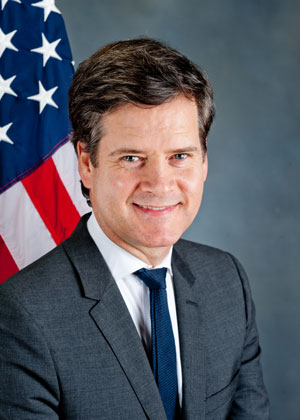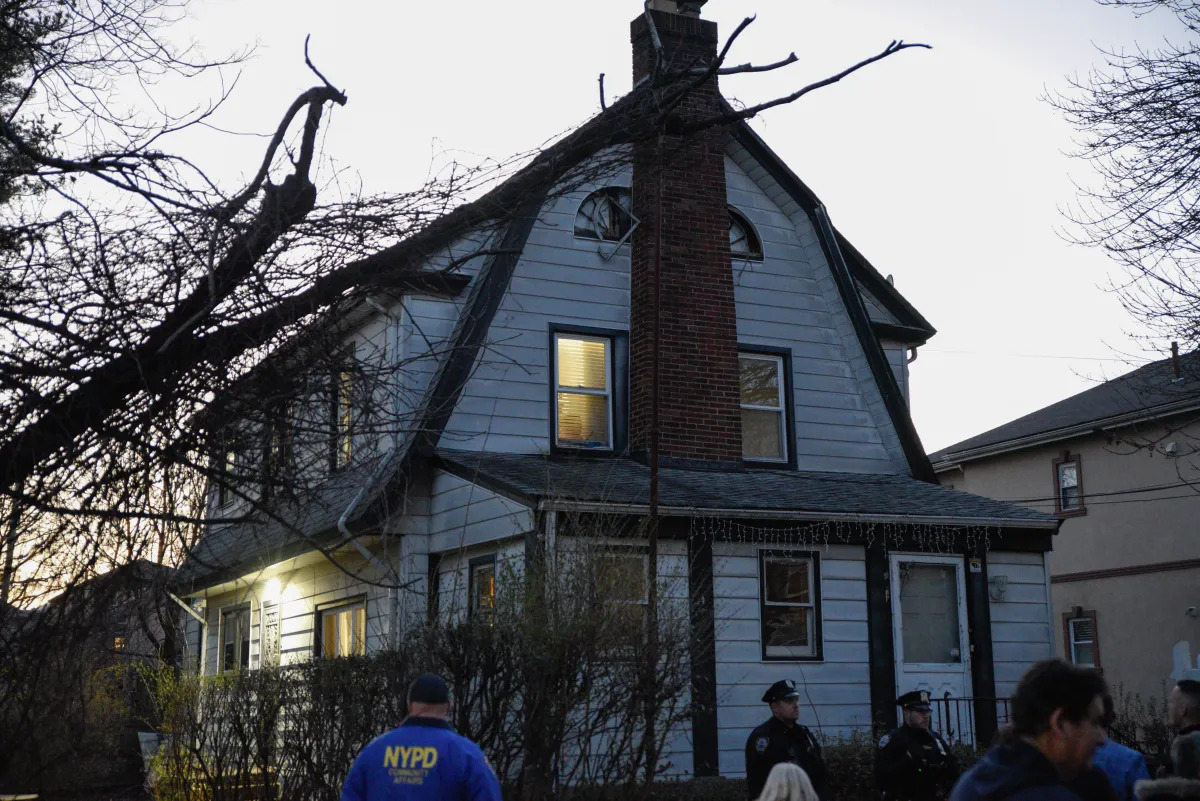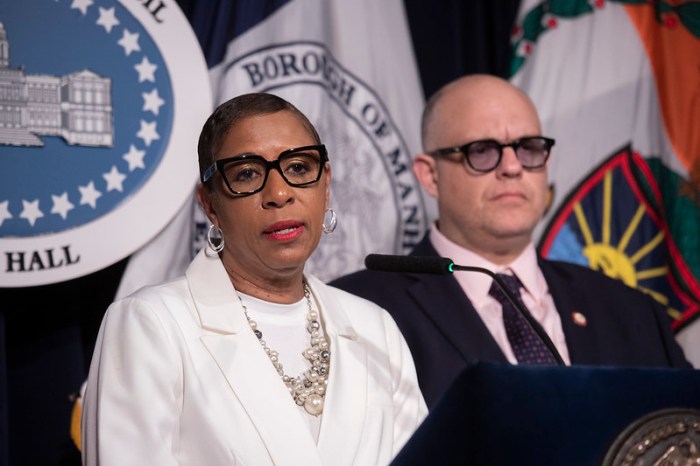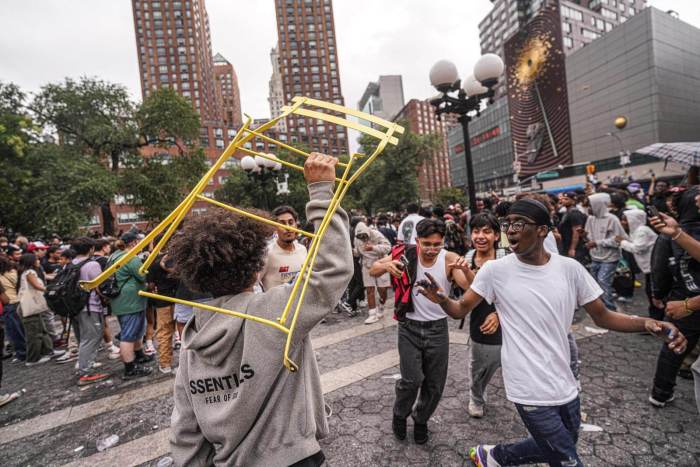
BY ZACH WILLIAMS | State Senator Brad Hoylman is looking to garner support for a pied-à-terre tax on wealthy nonresident homeowners.
Referred to the state senate’s Rules Committee on Sept. 29, the bill would target about 1,500 residences in the city with individual values exceeding $5 million. This week’s elections will likely slow down legislative activity until the new year. But Hoylman said that now is the time to receive input from constituents, organized labor and the business community about the proposed tax, which could raise $650 million annually to fund affordable housing in the city, among other programs.
“That would be an elegant symmetry for the most wealthy nonresidents to help subsidize some of our most vulnerable New Yorkers,” Hoylman said.
So far, according to Hoylman, constituents have indicated support, but he has yet to hear responses from Senate Republicans.
If passed by the state Legislature and signed by Governor Cuomo, the tax would start at half a percent of home values greater than $5 million. The tax would gradually increase, topping off at $370,000, plus 4 percent of home value in excess of $25 million. However, Cuomo notably strongly opposed increasing taxes on the wealthy earlier this year during Mayor de Blasio’s effort to establish universal pre-kindergarten.
About 450 property owners in that top bracket would pay about four-fifths of the proposed tax, according to the Fiscal Policy Institute, which issued a similar proposal last month.
Manhattan real estate has become a sizzling hot commodity in recent years, seen by many foreigners as a stable and potentially lucrative investment. U.S. Census data indicates that about 30 percent of residences in part of the Upper East Side are vacant for 10 months out of the year. A December 2013 study by the city’s Independent Budget Office noted that non-primary residents could own as much as half of newer luxury buildings in the near future.
“Absentee owners with expensive second homes don’t pay local income tax but help bid up the price of New York City residential real estate,” Assemblymember Richard Gottfried said. “Second homes valued at $5 million or more are a luxury, and should be subject to a luxury surtax.”
Gottfried is a co-sponsor of a complementary bill referred on Oct. 15 to the Assembly’s Committee on Real Property Taxation. Assembly Speaker Sheldon Silver did not respond to a request for comment on the legislation and its chances for eventual approval.
Among the fiercest opponents of the bill is the Real Estate Board of New York, which “vigorously” opposes it, according to its president, Steven Spinola.
Real estate sales and development are already taking a hit amid the talk of the proposed tax increase, according to Spinola. In a column in Real Estate Weekly on Oct. 2, Spinola said sales and projects alike are on hold as the real estate community considers the legislation’s potential impact.
“A tax targeted at nonresidents and talked about as a tax on foreigners will send a chilling message across the country and around the world that investing in residential real estate in New York City is available only if you are prepared to pay a significant premium for this opportunity,” he said.
But billions of dollars are needed to repair public housing in the city, as well as expand rent-regulated housing, Hoylman stressed. Home owners of all income strata require Police and Fire Department protection, as well as upkeep of city infrastructure, he said. The $95 million price tag of the penthouse atop 432 Park Ave. — now the tallest residential building in the Western Hemisphere — demonstrates that the richest of the rich can afford an additional tax, Hoylman added.
There is room for negotiation, according to the state senator. In any case, policymakers need to plug budgetary “holes” in order to repair and expand affordable housing in the city, he said.
“You have to figure out ways to fill them,” Hoylman said. “If people have other ideas for raising revenue, they should come forward.”

















